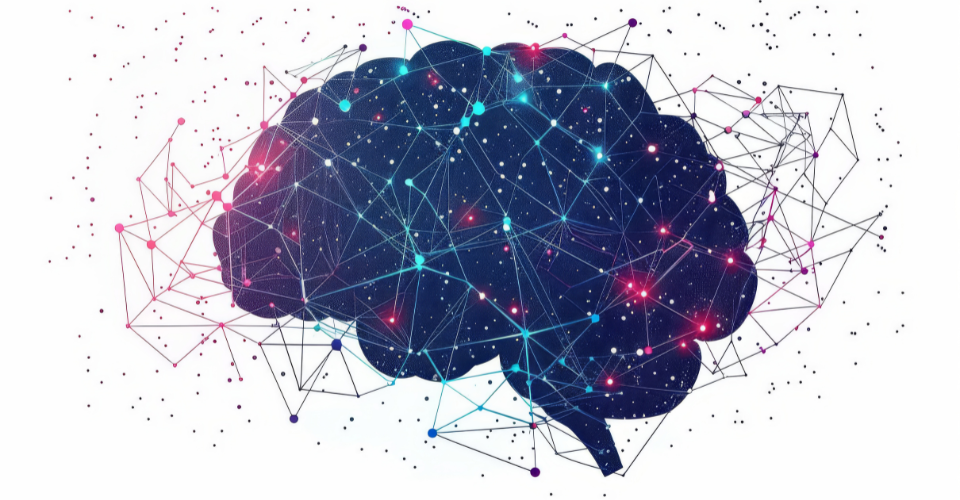A groundbreaking initiative on mental health of the young has been launched recently by the World Health Organization (WHO) and UNICEF.
Their most recent innovation is a psychological intervention called Early Adolescent Skills for Emotions (EASE).
This transformative initiative marks an important step towards providing crucial support to distressed 10–15-year-olds and their care givers.
This is in response to the urgent need for increased mental health services for this age group. It represents a turning point from where to address global adolescent mental health.
Global Mental Health Concerns
A stunning figure shows that one out of every seven teenagers worldwide is experiencing some form of mental disorder, a fact that has been hidden or ignored.
In order to combat this disheartening reality, the World Health Organization (W.H.O) and UNICEF have come together to create EASE.
It is the first global campaign to ever address the terrible lack of support available for teens in difficult situations and boundlessly mark a milestone in mental health efforts.
EASE Overview
EASE primarily focuses on adolescent depression, anxiety, and stress symptoms. There are 7 sessions for adolescents that make up this comprehensive intervention program aimed at giving them significant distress management skills.
At the same time, it includes three group sessions for caregivers to strengthen supportive parenting and active use of EASE skills amongst adolescents.
The EASE skills draw from Cognitive Behavioral Therapy principles comprising psychoeducation, stress management, behavioral activation, and problem-solving techniques.
The program was carefully adapted in terms of culture and context with field tests carried out in four different countries viz., Jordan, Lebanon, Pakistan, Tanzania.
Importantly, it underwent extensive evaluation through two major randomized controlled trials conducted in Jordan and Pakistan.
Task-sharing Approach and Accessibility
An important aspect of EASE is task-sharing which allows trained non-specialist helpers under direct supervision from mental health professionals to deliver the intervention.
This method works like other successful models such as Problem Management Plus (PM+) which were done among adults earlier.
EASE flexibility allows its use where specific child/adolescent mental health services are few.
It can be conducted across multiple settings including community-based approaches or through health and protection services.
Scaling Up Psychological Interventions
For the last ten years, WHO has endeavored to improve mental health and psycho-social support services to individuals affected by adversities through the introduction of EASE as a sixth psychological intervention in a series of low intensity interventions.
The aim of this series is to strengthen the delivery of non-specialist worker delivered evidence-based interventions thus improving access to essential psychological interventions.
Evidence of Efficacy
There are robust randomized controlled trials for EASE conducted in Jordan and Pakistan.
In Jordan, the trial involved 471 adolescent Syrian refugees aged 10-14 experiencing distress, randomly assigned to either the EASE intervention or an enhanced care as usual control group.
A significant decrease in internalized symptoms among adolescents in the intervention arm was seen immediately after and three months post-intervention.
Further, caregivers in the EASE intervention group experienced less distress and improved disciplinary parenting compared to controls.
However, a study conducted among 566 distressed adolescents aged 13 to 15 years in Pakistan showed that those who received the intervention had significantly better outcomes compared to those who were put on the waitlist.
It is expected that these findings will be published in an esteemed scientific journal in due course.
In conclusion, the introduction of EASE has been a turning point in terms of global mental health initiatives, highlighting the need to address adolescent mental health problems urgently.
With its evidence-based strategy and promising trials, this intervention is poised to greatly support distressed adolescents and guide their caregivers, thereby instilling hope for a better world in terms of mental health for the next generation across the globe.




























